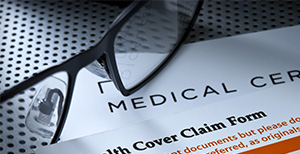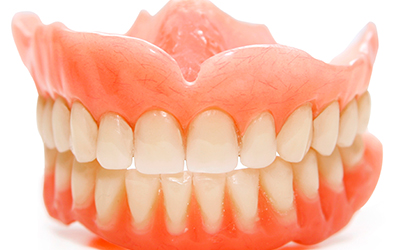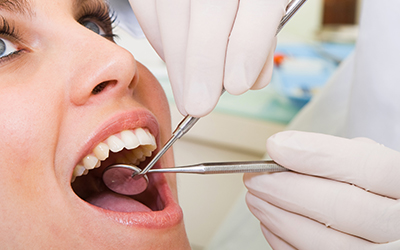
Bruxism is a condition that makes you grind or clench your teeth. If you have bruxism, you may unconsciously clench your teeth together during the day, or clench or grind them at night. People who clench or grind their teeth during sleep are more likely to have other sleep disorders, such as snoring and sleep apnea (pauses in breathing).
Mild bruxism may go unnoticed and not require treatment. However, in some cases, bruxism can be severe enough to lead to headaches, damaged teeth, and jaw disorders.
Symptoms of bruxism include:
- Grinding or clenching loud enough to awaken your sleep partner
- Teeth that are flattened, fractured, chipped or loose
- Worn tooth enamel
- Increased tooth sensitivity
- Jaw or face pain or soreness
- Tight or tired jaw muscles
- Pain that feels like an earache
- Dull headache originating in the temples
- Damage from chewing on the inside of your cheek
- Indentations on your tongue
Causes of bruxism may include:
- Emotions, such as anxiety, stress, anger, frustration or tension
- Aggressive, competitive or hyperactive personality type
- Abnormal alignment of upper and lower teeth (malocclusion)
- Other sleep problems, such as sleep apnea
- Response to pain from an earache or teething (in children)
There are ways to manage this condition. You may still grind and clench, but these methods may prevent or correct the wear to your teeth.
- Night guards. These are designed to keep teeth separated to avoid the damage caused by clenching and grinding. They can be constructed of hard acrylic or soft, rubbery materials and fit over your upper or lower teeth.
- Dental correction. Correcting teeth that aren't properly aligned may help if your bruxism seems to be related to dental problems.
If you’re exhibiting any of the above symptoms and think you may be suffering from bruxism, please call our dental office to set up an appointment at Auburn Family Dental.










